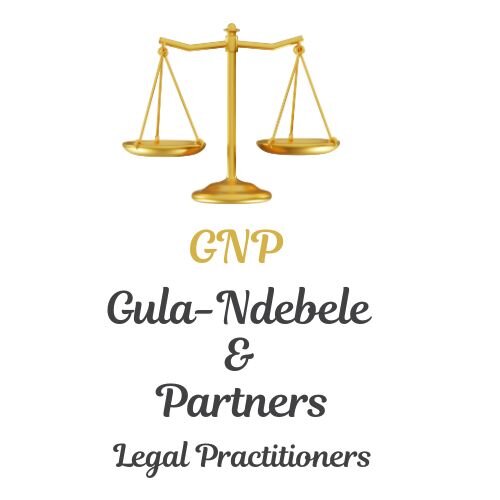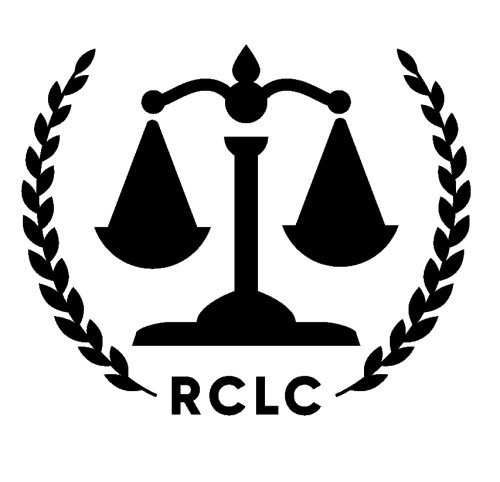Best Whistleblower & Qui Tam Lawyers in Zimbabwe
Share your needs with us, get contacted by law firms.
Free. Takes 2 min.
Or refine your search by selecting a city:
List of the best lawyers in Zimbabwe
About Whistleblower & Qui Tam Law in Zimbabwe
Whistleblower & Qui Tam laws in Zimbabwe aim to protect individuals who report misconduct, fraud, or illegal activities within an organization. These laws allow whistleblowers to come forward with information without fear of retaliation and provide incentives for reporting such activities.
Why You May Need a Lawyer
You may need a lawyer in Whistleblower & Qui Tam cases to ensure your rights are protected, navigate the complex legal process, and maximize any potential rewards for reporting misconduct. A lawyer can also help you gather evidence, file a claim, and represent you in court if necessary.
Local Laws Overview
In Zimbabwe, the Whistleblower Protection Act of 2014 provides protection for individuals who report misconduct in both the public and private sectors. The Act prohibits retaliation against whistleblowers and allows for the payment of rewards for information leading to successful prosecutions.
Frequently Asked Questions
Q: Can I report misconduct anonymously in Zimbabwe?
A: Yes, the Whistleblower Protection Act allows individuals to report misconduct anonymously to the relevant authorities.
Q: What protections do whistleblowers have in Zimbabwe?
A: Whistleblowers in Zimbabwe are protected from retaliation, harassment, and discrimination under the Whistleblower Protection Act.
Q: How can I qualify for a reward for reporting misconduct?
A: To qualify for a reward in Zimbabwe, you must provide credible information that leads to a successful prosecution or recovery of public funds.
Q: Can I file a Qui Tam lawsuit in Zimbabwe?
A: Yes, Qui Tam lawsuits are allowed in Zimbabwe, where individuals can file a lawsuit on behalf of the government for fraud or misconduct.
Q: What is the statute of limitations for filing a whistleblower claim in Zimbabwe?
A: The statute of limitations for filing a whistleblower claim in Zimbabwe is typically two years from the date of the alleged misconduct.
Q: Can my employer retaliate against me for whistleblowing?
A: No, under the Whistleblower Protection Act, employers are prohibited from retaliating against whistleblowers in Zimbabwe.
Q: What remedies are available to whistleblowers in Zimbabwe?
A: Remedies for whistleblowers in Zimbabwe may include reinstatement, compensation for damages, and disciplinary action against the perpetrators of misconduct.
Q: Are there any whistleblower hotlines in Zimbabwe?
A: Yes, there are whistleblower hotlines available in Zimbabwe for reporting misconduct anonymously and seeking guidance on whistleblower protection.
Q: Can I report misconduct to multiple agencies in Zimbabwe?
A: Yes, you can report misconduct to multiple agencies in Zimbabwe to ensure that the information reaches the appropriate authorities for investigation.
Q: How can a lawyer help me in a whistleblower case in Zimbabwe?
A: A lawyer can help you understand your rights, navigate the legal process, gather evidence, file a claim, and represent you in court if needed in a whistleblower case in Zimbabwe.
Additional Resources
For more information on Whistleblower & Qui Tam laws in Zimbabwe, you can contact the Zimbabwe Anti-Corruption Commission or seek assistance from the Zimbabwe Lawyers for Human Rights organization.
Next Steps
If you require legal assistance in a Whistleblower & Qui Tam case in Zimbabwe, it is advisable to seek a qualified lawyer with experience in handling such matters. You can schedule a consultation to discuss your options and determine the best course of action for your situation.
Lawzana helps you find the best lawyers and law firms in Zimbabwe through a curated and pre-screened list of qualified legal professionals. Our platform offers rankings and detailed profiles of attorneys and law firms, allowing you to compare based on practice areas, including Whistleblower & Qui Tam, experience, and client feedback.
Each profile includes a description of the firm's areas of practice, client reviews, team members and partners, year of establishment, spoken languages, office locations, contact information, social media presence, and any published articles or resources. Most firms on our platform speak English and are experienced in both local and international legal matters.
Get a quote from top-rated law firms in Zimbabwe — quickly, securely, and without unnecessary hassle.
Disclaimer:
The information provided on this page is for general informational purposes only and does not constitute legal advice. While we strive to ensure the accuracy and relevance of the content, legal information may change over time, and interpretations of the law can vary. You should always consult with a qualified legal professional for advice specific to your situation.
We disclaim all liability for actions taken or not taken based on the content of this page. If you believe any information is incorrect or outdated, please contact us, and we will review and update it where appropriate.
Browse whistleblower & qui tam law firms by city in Zimbabwe
Refine your search by selecting a city.
















